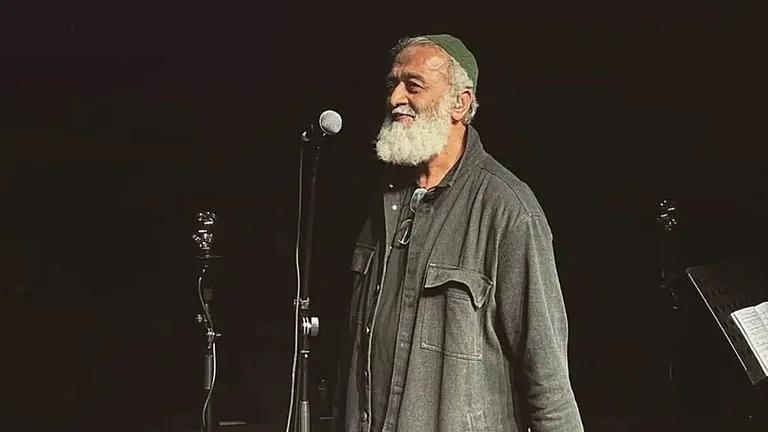AT least two major democraciesthe UK and the UShave statutory bodies on ethics or the conduct of members outside Parliament. While the US committee has been in existence for decades, the UK constituted one only last year following public outcry over corruption among politicians. In the fall of 94, the Sunday Times, London, ran stories about some parliamentarians lobbying for business houses on monetary considerations. The inference based on the papers investigationits correspondents posed as representatives of business houses and at least two MPs accepted money to lobby for themprovoked a debate in Parliament.
Within weeks, Prime Minister John Major responded by constituting the Standing Committee on Standards in Public Lifeequivalent to the ethics committee in the US Congressfor a tenure of three years. The 10-member committee headed by Lord Nolan was to "examine current concerns about standards of conduct of all holders of public office, including arrangements relating to financial and commercial activities, and make recommendations as to any changes in the present arrangement which might be required to ensure the highest standards of propriety in public life". The committee, in its first report submitted in May 1995, found that a fall in public confidence in the financial probity of MPs has coincided with an increase in the number of MPs, some 30 per cent, holding paid consultancies which relate to their parliamentary role.
Besides recommending a code of ethics for them, the panel favoured a revision of merits to allow MPs to hold consultancies. It also suggested that the register of interests, in which MPs have to list their assets and income, should be more informative, regularly updated and made public each year. It also recommended prompt investigation into ministerial allegations as "very high standards are rightly expected from ministers and civil servants". Although the UK committee is recommendatory in nature, a sub-panel of the Committee of Privileges does recommend penalties for erring members whenever necessary.
But the US committeeboth Houses have independent committees appointed by their respective chairmenseems to have more statutory powers in dealing with cases of misconduct on the part of members. Interestingly, the present committee of the House of Representatives was appointed by number two majority leader (Republican) Bick Armey as second-term speaker Newt Gingrich faces an investigation by the committee. The committee has the power to strip members of their privileges and posts, but not the House membership. The last instance of the committee trying to disqualify a member was in the'60s. The member in question, Adam Clayton Powel, filed an appeal in the Supreme Court and got his House membership restored. But he ceased to be the chairman of a House committee and lost the privileges attached to the post.
In the South Asia region, Nepal, which took to the parliamentary system of democracy five years ago, has a statutory body to look into the abuse and misuse of power by ministers. This is similar to the UK committee as it is largely recommendatory in nature and at least three ministers are facing investigations at present. So, Sangma will have to seek a consensus on which model to follow here in India.


























